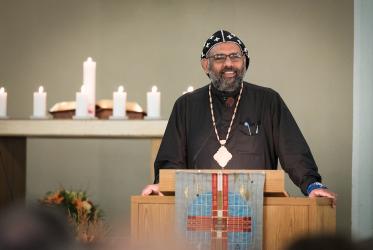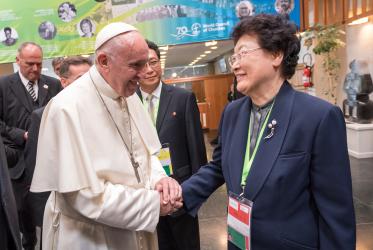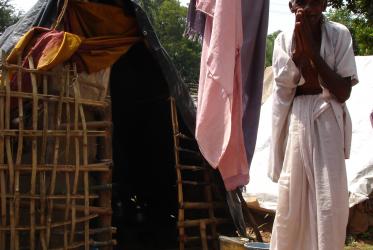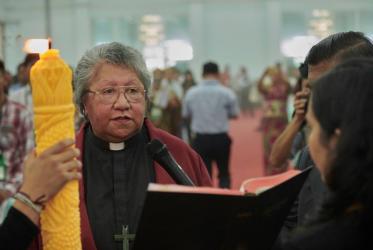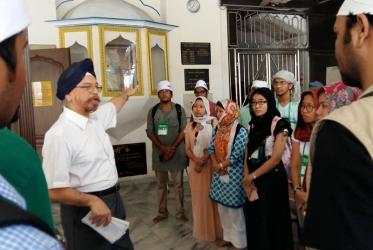Displaying 1 - 17 of 17
"Light of Peace" book now available in Korean
06 January 2021
Metropolitan Zachariah Mar Nicholovos celebrates Silver Jubilee
26 November 2018
#WCC70: A story of how we meet together
02 February 2018
Christians in China warmly receive WCC delegation
12 January 2018
#WCC70: Remembering Orissa
11 January 2018
Young ecumenists address new realities of global movement
25 February 2016


